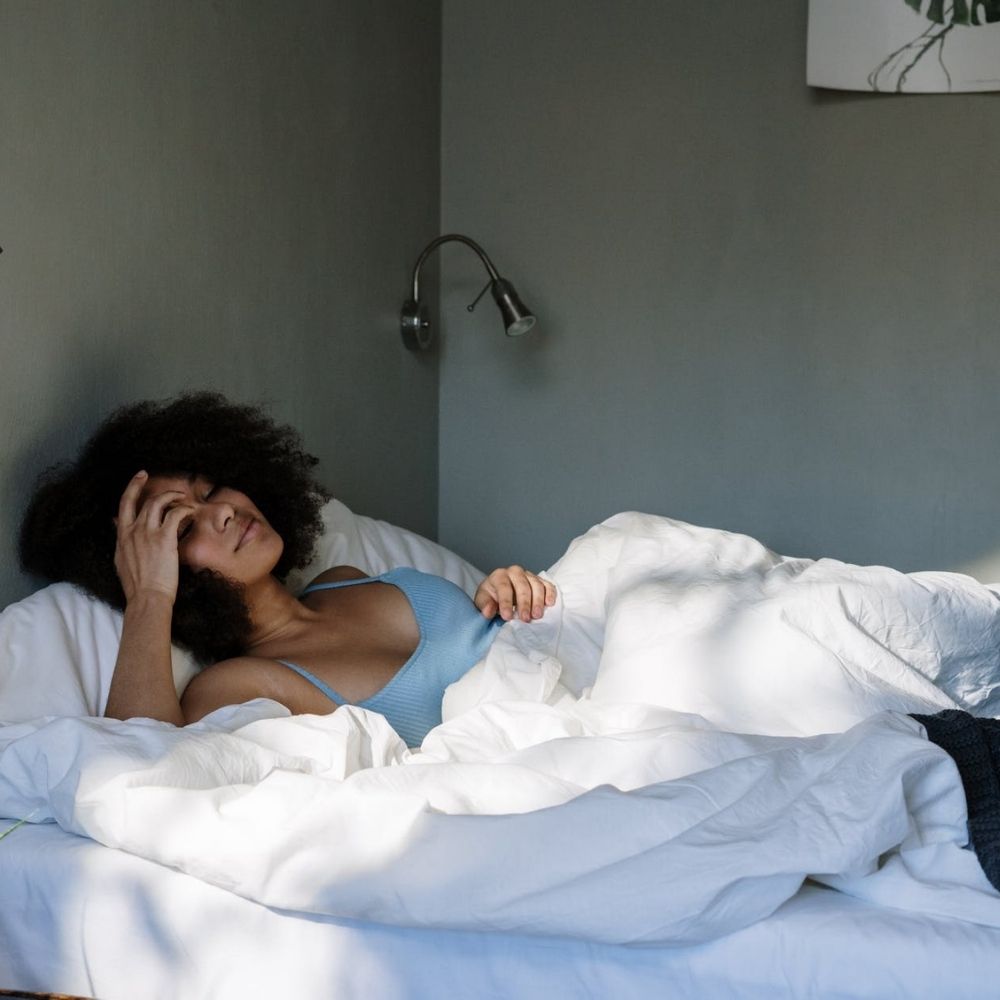Mental Mondays: How To Alleviate Sleeping Disorder In Young Adults
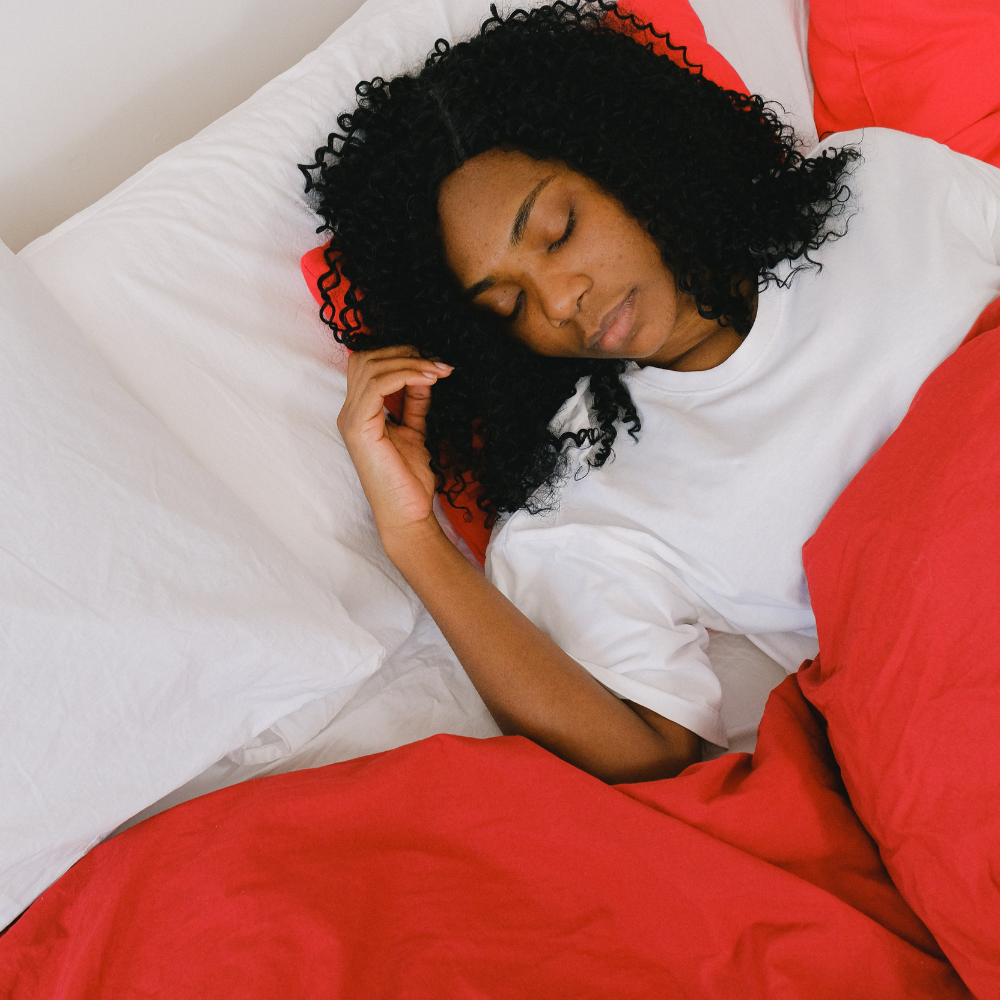
A creative writer with a voracious appetite for fashion, beauty,…
“I
’ll sleep tonight.” This has become your early morning mantra as you slip out of bed after an intense night of staring at the ceiling and rolling from side to side for lack of sleep. While you were busy trying so hard to sleep, your brain wasn’t helping as it kept replaying those things you didn’t do right all through the day.
It’s a painful struggle living with insomnia and if nothing isn’t done about it, it that could eventually wear you out. Although a lot of young adults may try to put a positive spin on this condition (have you heard them say sleep is a small sacrifice to pay for success?), insomnia is a serious case and should be treated as such. Of course, it’s good to stay positive but without a solution to insomnia, there would eventually be a decline in one’s health.
What is insomnia?
Insomnia is the inability to get enough sleep at night either by having trouble falling asleep, staying asleep, or waking up too early. This sleeping condition could also be a symptom of an underlying medical condition, such as diabetes, asthma, and hyperthyroidism to mention a few.
You may be suffering from insomnia if you experience one or more of the following:
- Staying wide awake at night involuntarily
- Waking up at random times at night and eventually earlier than desired.
- Spending the day worrying about your sleep pattern.
- Fatigue
What are the causes of insomnia?
The Sleep Foundation states that: common causes of insomnia include stress, an irregular sleep schedule, poor sleeping habits, mental health disorders like anxiety and depression, physical illnesses and pain, medications, neurological problems, and specific sleep disorders. For many people, a combination of these factors can initiate and exacerbate insomnia.
Check out 5 easy ways to deal with insomnia in young adults…
#1. Try to reduce napping during the day
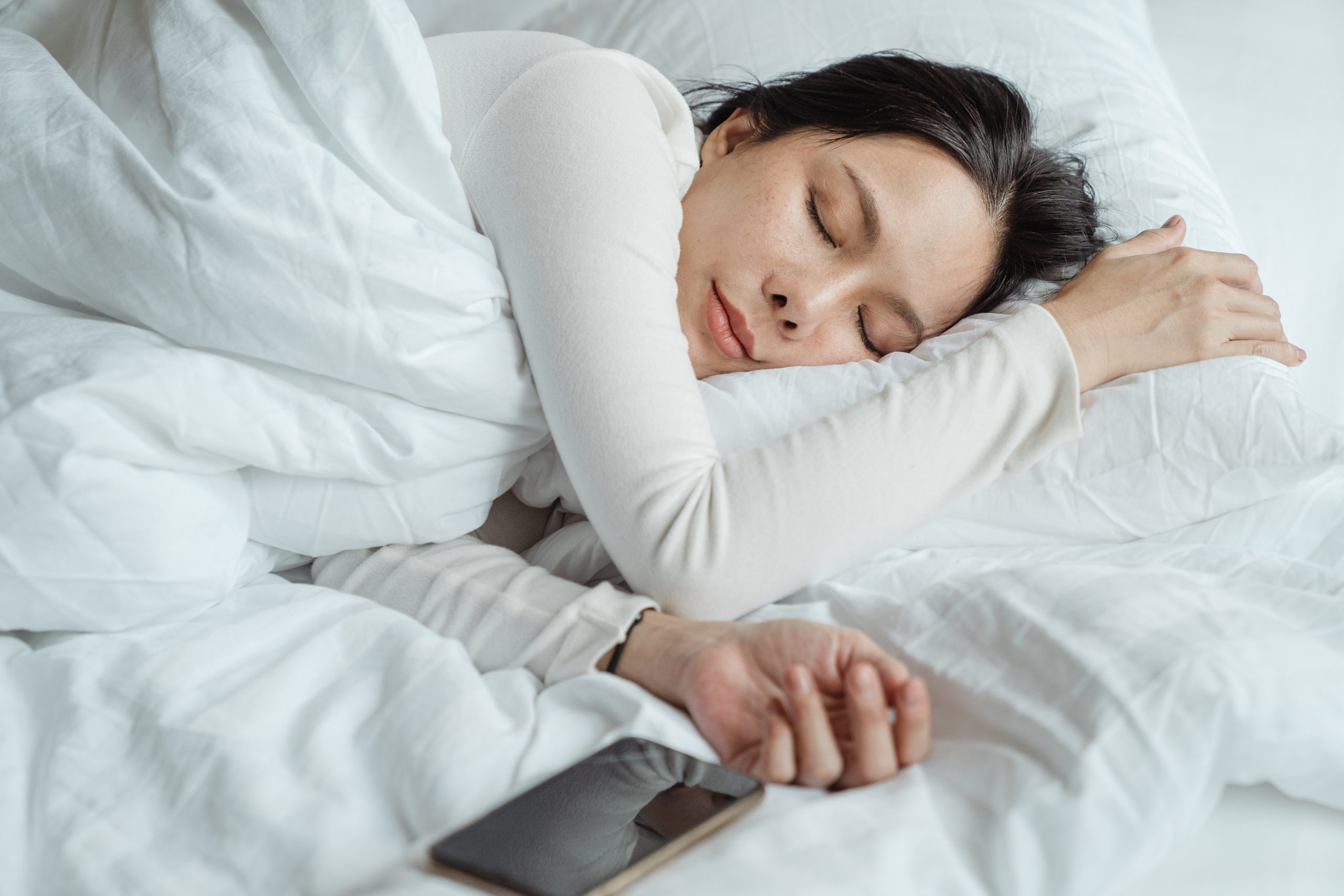
Having a sleep routine would help one sleep better at night. It might be tempting to catch some compensation sleep during the day but it would almost leave you wide-eyed in the nighttime. Standing up and leaving the bed to another part of the house instead of laying around in bed all day would help your brain adjust to your sleep schedule and associate bedtime with nighttime.
#2. Try yoga and meditation
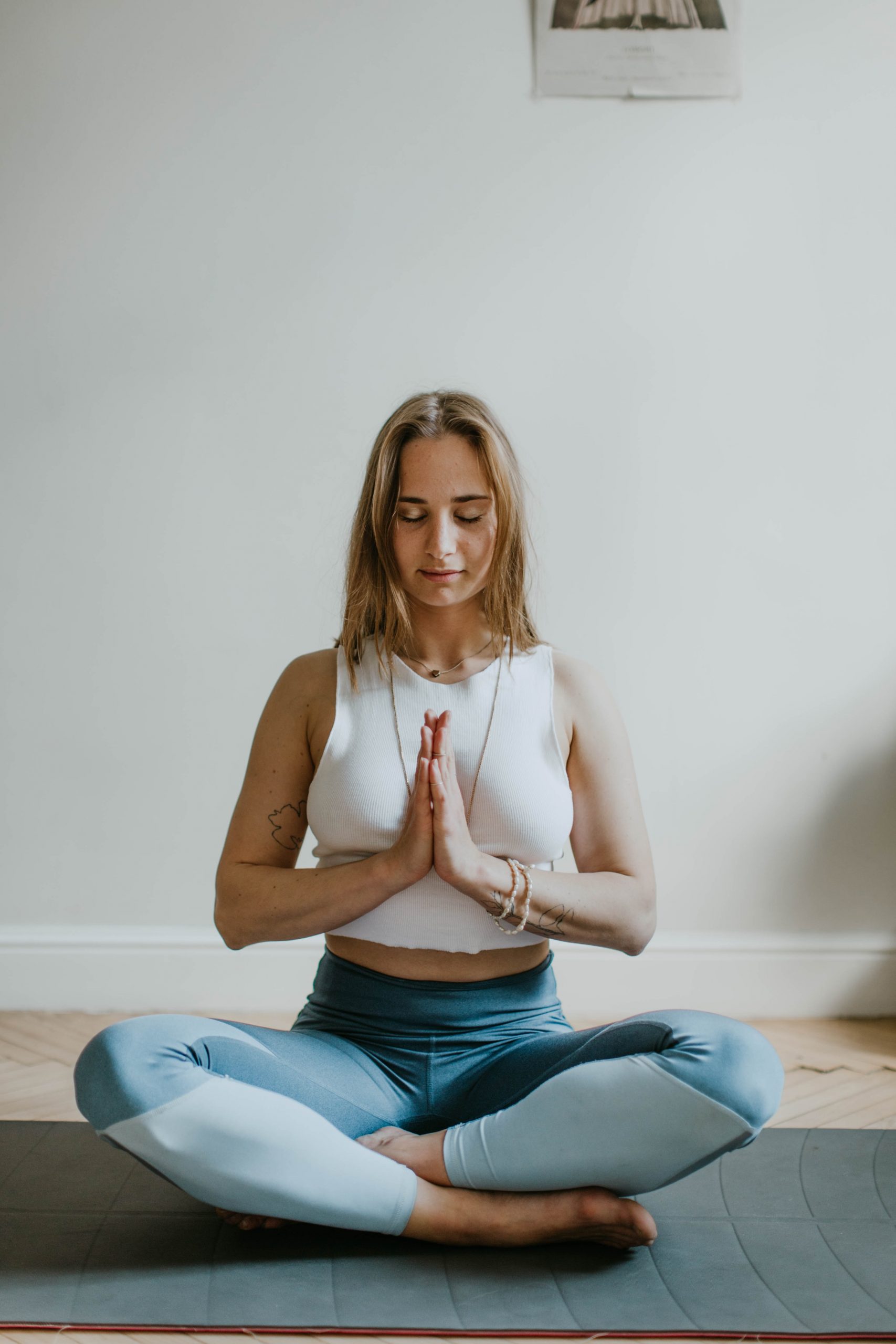
Insomnia, due to stress, can be alleviated by doing yoga and meditating before you hit the sheets. These exercises calm the nerves and help improve the quality of sleep you get while easing your stress.
#3. Create a suitable sleeping environment
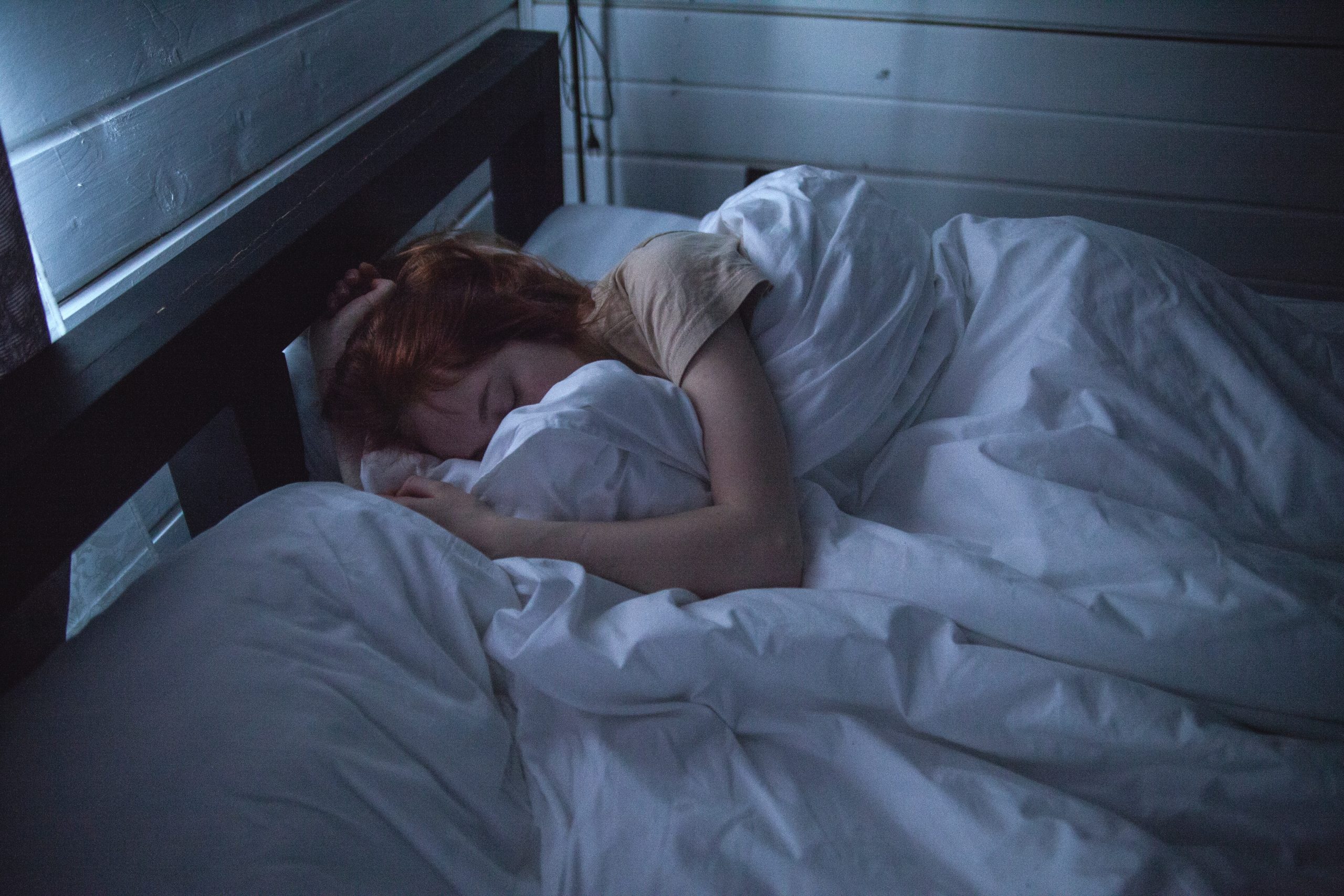
This saying “as you lay your bed, that’s how you lie on it” is not just to sound poetic, it’s really true. Sometimes all it takes is changing your sheets, making your bed and decluttering your room for a pleasant night’s rest to come to reality. Also, the overall ambiance of the room like temperature and even lighting could aid or prevent sleep.
#4. Distract yourself from trying too hard to sleep

If you’ve been in bed and sleep isn’t forthcoming, get up and walk around your room. Also, you can try to read a book, or see a movie and watch your head drop in surrender. Basically, try to do something relaxing and when you feel sleep creeping in, go back to bed.
#5. Consult your doctor

Don’t self-medicate. It’s best to book an appointment with your doctor especially when insomnia starts to seriously affect your normal daily life. There are sleep aids available to help alleviate insomnia but your doctor would be in the best position to let you in on the treatment method/drug best suitable for your condition.
Featured Image: SHVETS production | Pexels
For the latest in fashion, lifestyle and culture, follow us on Instagram @StyleRave_
This is a Style Rave original content specially created for our readers. This content or any original content on Style Rave may not be reproduced, distributed, transmitted, cached, or otherwise used by any other publishing house or blogs, except with the prior written permission of STYLE RAVE. Use of and/or registration on any portion of this site constitutes acceptance of our Terms & Conditions and Privacy Policy.
A creative writer with a voracious appetite for fashion, beauty, lifestyle and culture. As one who's passionate about the advancement of the woman, creating content that inspire smart style and living, and positive lifestyle changes is a calling I take seriously. At Style Rave, we aim to inspire our readers by providing engaging content to not just entertain but to inform and empower you as you ASPIRE to become more stylish, live smarter and be healthier. Follow us on Instagram @StyleRave_ ♥





